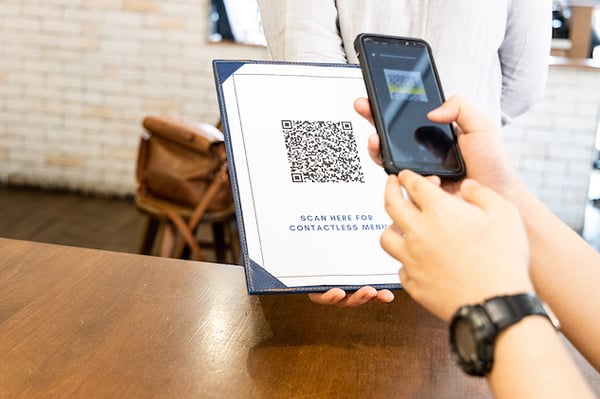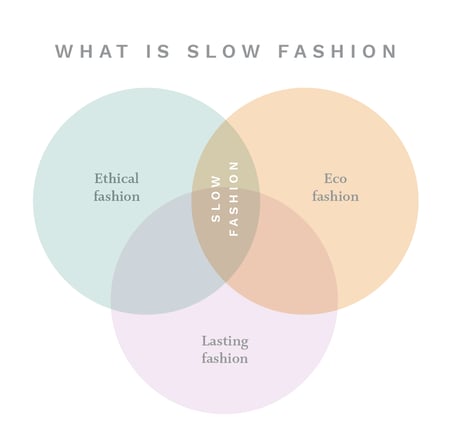The retail environment is pivoting. This is due to a number of factors including customer preferences, lifestyle changes, Covid-19 and technological developments. Now because (in one way or another) retailers provide solutions to their customer’s needs; if the customer is changing, the retailer must change as well. So here is how six key industries are moving with the times:
1. Restaurants
Technology has offered restauranters important ways to keep their establishments both safe and appealing during Covid-19: Hand-held menus are being replaced with QR codes and online ordering is on the rise. Restaurant floors are being reimagined with clever social distancing designs and contactless ordering systems. This kind of thinking soothes a wary customer, so your restaurant will then be far more likely to attract patrons. Ensuring your sustainability long term.

2. Fuel
With more people working from home, the fuel industry is likely to see lasting changes to fuel consumption. In response to this, the fuel industry is innovating and finding new ways to attract revenue, like by offering pharmacy goods, WI-FI access or electric vehicle charge stations. Fuel retailers are also embracing technology to innovate in the space. Refuel for example, is an app-based mobile business which brings fuel to you. This is also a complimentary service to fuel stations where they refuel at a near-by fuel stop and then deliver the fuel directly to their customer’s home or office. This is a win-win for both the retailer and the customers and is an innovative way for businesses to partner-up during uncertain times.
3. Hair and Beauty
With more people spending time at home and using less makeup products, the focus of the industry has been redirected to self-care and wellness, resulting in a spike in these purchases. The hair and beauty industry is also embracing technology, which marries well with the industry’s potential to offer an immersive experience. Technology is encouraging this with concepts such as virtual reality 'try ons' (where clients can see how an item may look on them), online masterclasses and tutorials demonstrating how a product can be used. These virtual experiences help customers imagine themselves engaging with the product, and if it’s a pleasant experience, it is likely to convert into an actual sale.

4. Automotive
This industry has also needed to pivot. This can been seen with a large number of car wash franchise opportunities opening up in the market. Especially those that are environmentally friendly, using eco-conscious cleaning products and low-waste water systems. There is also the franchise of mobile car washes or pop-up car washes, making it convenient for the client and reducing expenses such as a lease of property. Automotive clients are also choosing to keep their cars longer, which means car repair franchises are especially helpful to clients who need to maintain their vehicles regularly, in order to keep them running smoothly.
5. Clothing Retail
Did you know that the online retail industry grew an impressive 40% during Covid-19 lockdown as customers had time to explore the e-Commerce element of shopping; finding it hugely convenient and safe over the period. Investment in technology and supply chains is also increasing, with an unprecedented boom in online spending and adoption. The online platform of clothing retail has taken off and businesses have pivoted their attention to attracting customers on these platforms, in addition to their bricks and mortar stores. Further to this, the retail clothing industry has also seen customers reconsidering their over-consumption and their environmental impact. Local brands have been championing the drive for sustainable fashion which equates to the selling of pre-loved designer and streetwear items or 'slow fashion' which are higher quality and priced items. Meaning customers now have less items of clothing, but for a longer period of time.

6. Building and Hardware
The Pandemic has highlighted the need for safe and sufficient housing (with people living in close quarters and under greater risk of infection). This has prompted further government plans to invest R139-billion in housing projects, many of which will be financed by private-sector partners. This will boost the building and hardware industry at large. Further to this, with consumers spending more time at home, there has been an increased focus on home improvement through DIY and household goods. Building and Hardware businesses have also adjusted their product liness to target this market in the hopes that they will reap the benefits of those interested in taking on DIY activities.
The bottom line
The world may be changing through natural shifts in thinking as well as in response to the Pandemic, but luckily entrepreneurs are incredibly adaptable! So which ways can your business adapt to change? By understanding your sector, thinking about what changes are already underway and then cross-referencing this with your product offering, you can find truly innovative ways to pivot your business and thrive during uncertain times. And if you need quick funding to get your next project underway, give us a call to find out how we can serve your ambitious growth for your business.

